477285-0001S HARTZELL VALVE, POPPET
Part #: 477285-0001S4772850001S
Call for price
compareOverview
Hartzell Wastegate 470842-9003
Controllers may be found in multiples or combined in a common housing. Regardless of the arrangement, they operate in parallel, even while responding to differing stimuli. Depending upon their installation, controllers may be plumbed directly into the upper deck air-stream or remotely mounted and referenced by means of hoses. Most systems are automatic but not all turbocharging systems are automatically actuated. Instead, systems like those found in the Turbo Arrow and some Mooney’s have a simple, built-in exhaust leak upstream of the turbo that allows a fraction of the exhaust gases to be dumped overboard and the remainder to be routed through the turbine. A “fixed” wastegate arrangement.
The controller(s) could be appropriately thought of as the brains or command center for the entire charge-air system. As engine power, speed, or altitude is changed, the controller constantly strives for equilibrium within the system. The exhaust bypass valve (wastegate assembly) simply acts as a slave to the dictates of the controller. Engine oil becomes the muscle of the system, providing the power to actuate the movements of the wastegate assembly.
Hartzell Valve Assemblies
The Pilots’ responsibility is to ensure that manifold pressures stay within their prescribed limits. But, humans are known to be fallible. With this in mind, thoughtful engineers sought to incorporate a secondary safety feature known as an absolute Pressure Relief Valve (“pop-off valve”). This valve is strategically positioned between the compressor outlet and the fuel injector/carburetor to prevent engine-damaging surges in manifold pressure. The valve head is normally held in the closed position by a spring/bellows combination. It is set to off-seat at approximately two inches above normally rated MAP.
Continental Motors compares the operation of this spring-loaded valve to a safety valve in a steam boiler. As excessive pressure builds, the valve opens and stays open until the manifold pressure again falls within acceptable limits. The aneroid-style bellows allows the valve to “crack” open at a specified pressure regardless of the operational altitude of the engine.
| Weight | 5.00 lbs |
|---|---|
| Brands |
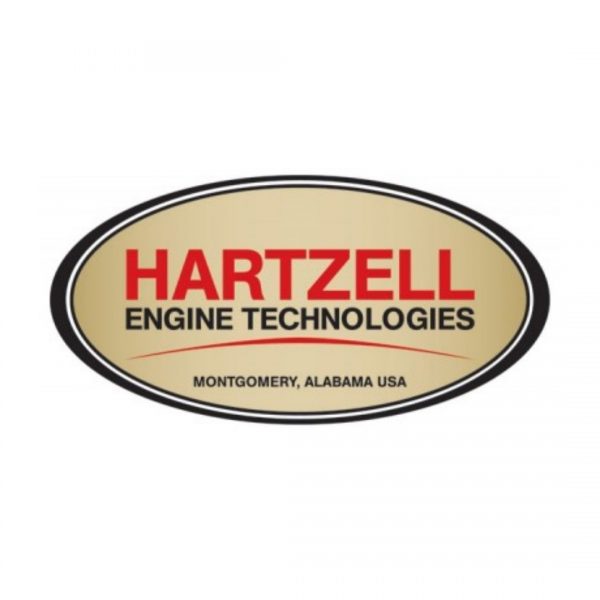
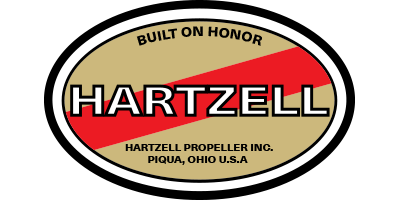
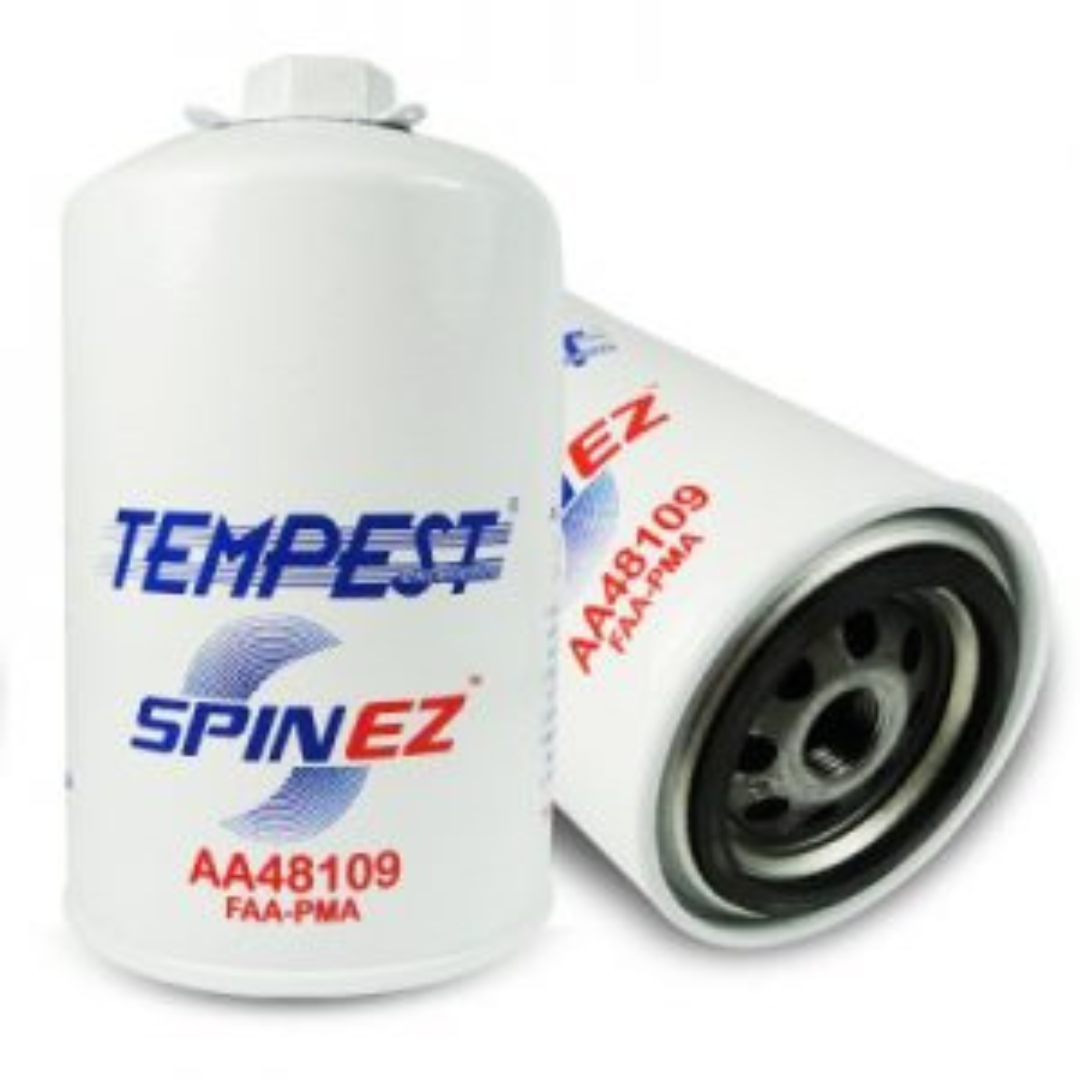
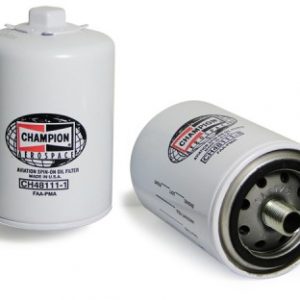
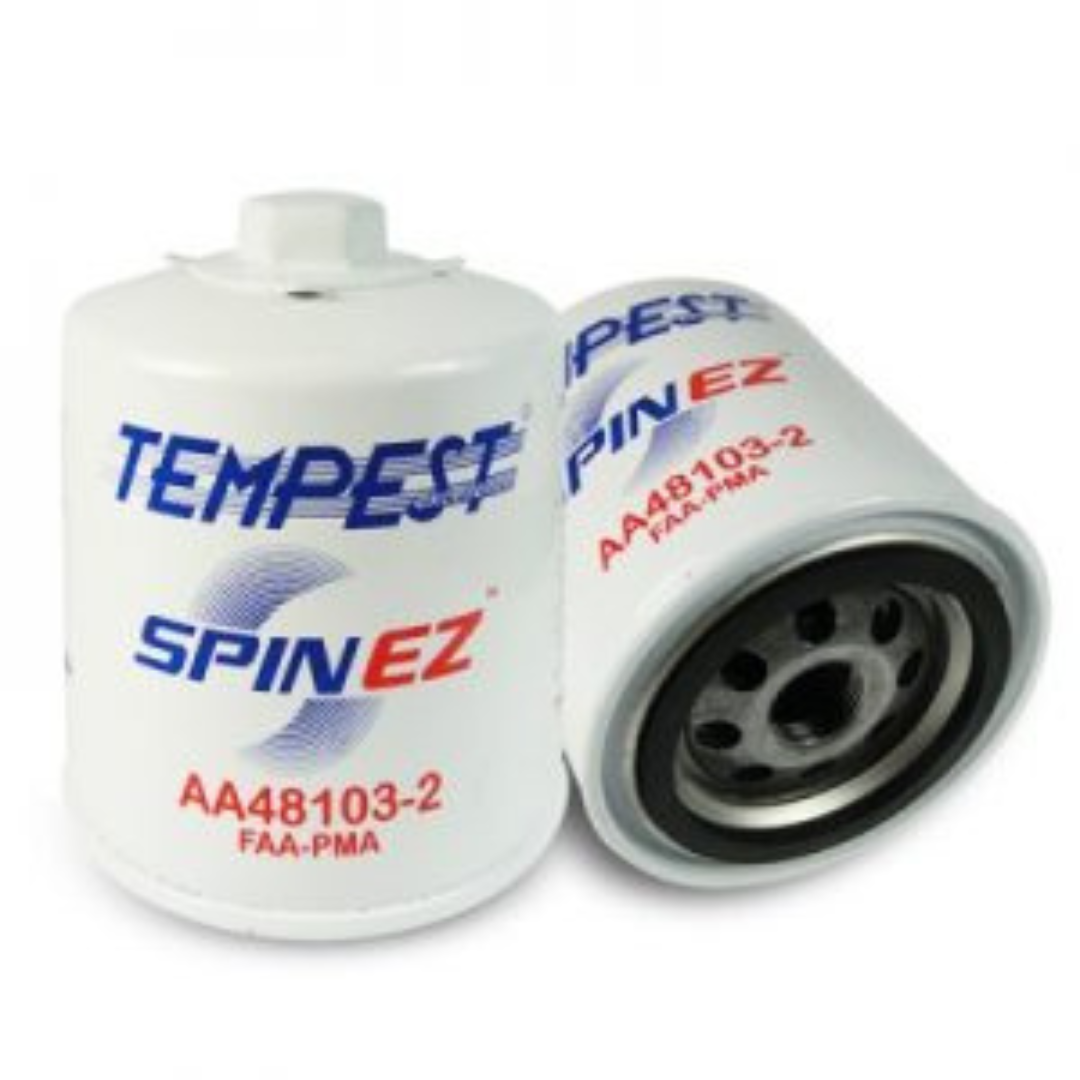
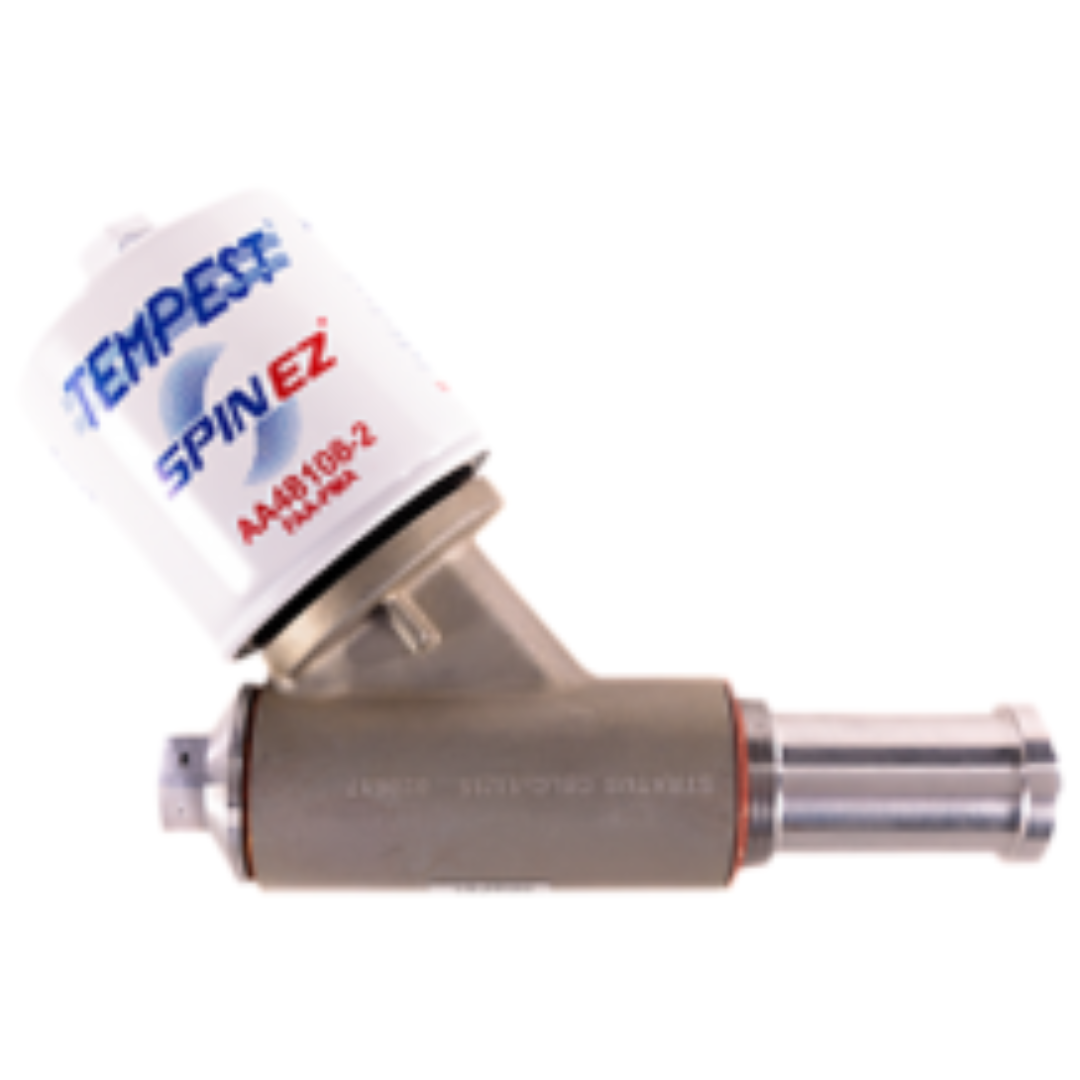
There are no reviews yet.